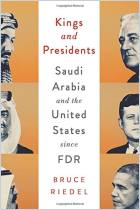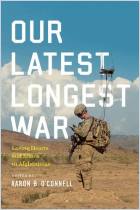Melden Sie sich bei getAbstract an, um die Zusammenfassung zu erhalten.

Melden Sie sich bei getAbstract an, um die Zusammenfassung zu erhalten.
John R. Allen, Vanda Felbab-Brown, Tanvi Madan, Michael E O’Hanlon, Bruce Riedel and Bruce Jones
Rightsizing Expectations
U.S. Policy Options for Afghanistan
Brookings Institution, 2017
Was ist drin?
Afghanistan’s civil society has made great strides since the US invasion of 2001. But challenges remain.
Recommendation
In this fresh look at Afghanistan, former US Marine Corps General John Allen and five experts from the Brookings Institution analyze the situation there. In a June 2017 roundtable discussion, the experts hew to the conventional wisdom: that the US invasion of Afghanistan was justified and that US involvement has borne fruit. They also acknowledge that US president Donald Trump has ushered in a new era of foreign policy and that any further investment of American lives is a tough sell.
Summary
About the Authors
John R. Allen is a retired US Marine Corps general and former commander in Afghanistan. Vanda Felbab-Brown, Michael O’Hanlon and Bruce Riedel are senior fellows at Brookings. Tanvi Madan is a fellow at Brookings and director of The India Project. Bruce Jones is foreign policy vice president and director at Brookings.




















Comment on this summary